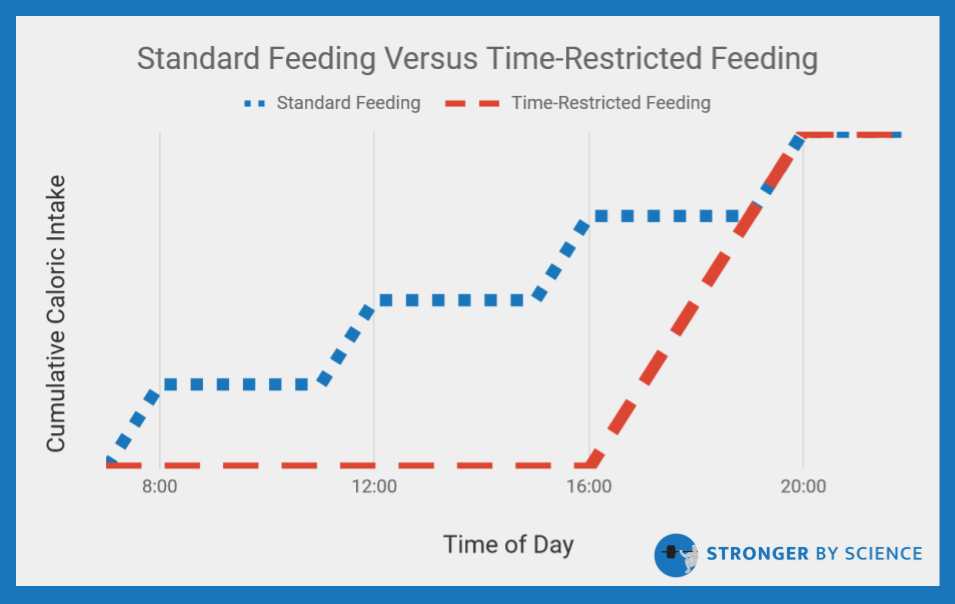
Watch the related YouTube video:
You've probably heard the warning: "Diet wrong, and you'll wreck your health." Maybe you've even tried a diet and felt worse afterward. Dangerous diets are real, and they're not just hype. The problem isn't losing weight—it's how you lose it. Bad methods can sabotage your body, and in this article, we're exposing three of the worst culprits and why they backfire. Read on to learn how to diet safely and protect your health.
Losing weight should make you healthier, right? That's the goal. But the wrong diet can lead to serious issues: gallstones, kidney stones, hair loss, irregular periods—you name it. Some people even develop osteoporosis or, in rare cases, suffer sudden heart attacks. You've seen headlines about celebrities collapsing after extreme diets. This isn't a mystery—there are clear reasons why these happen, and they're avoidable.
Diets are no different from exercise routines; bad approaches can tank your health, especially as your body changes with age. Let's break down three dangerous diet methods and why they're a disaster, plus tips to do it right.
Fast, easy weight loss is possible, but only if you do it properly. The wrong methods cause more harm than good, setting you up for long-term health problems. Here are three diet mistakes you need to steer clear of.
Low-fat diets are a terrible idea—one of the biggest blunders in nutrition history. Cutting out fat causes two major issues. First, it messes with your gallbladder. Your gallbladder releases bile to digest fats, but if you avoid fats, it sits idle, and bile stagnates, forming gallstones. Studies show that after just 4 weeks of a no-fat diet, 50–60% of people develop gallstones visible on ultrasounds. Severe cases may require gallbladder removal, and low-fat diets are a common culprit.

Second, when you ditch fats, you often replace them with carbs—think brown rice, whole grains, or fruit-heavy “healthy” diets. Your liver converts excess carbs into triglycerides (a process called De Novo Lipogenesis), spiking blood triglyceride levels and causing fatty liver. Imagine losing weight only to find out you’ve got fatty liver during a checkup! Low-fat diets are a health trap—don’t fall for them.
Calorie restriction has been the go-to diet for decades, and it works—at first. Reality shows featuring obese participants often push intense calorie cuts and grueling workouts. Sure, they lose weight initially, but years later, most gain it back, often more than before. Why? Extreme calorie cuts crash your basal metabolic rate (BMR)—the calories your body burns at rest.
When BMR tanks, your body goes into energy-saving mode, burning fewer calories. You become the person who “gains weight just by drinking water.” It’s a nightmare! Sure, you might want to slim down for a wedding or beach vacation, but don’t sell your soul to extreme calorie cuts. The yo-yo effect isn’t worth it, and rebuilding your BMR takes serious effort. There’s a better way.

Ignoring insulin resistance while dieting is a massive mistake—one that can lead to irreversible damage. Insulin resistance is when your cells stop responding to insulin, leaving blood sugar unchecked. Low-fat or calorie-restricted diets can worsen it if they’re carb-heavy. To fix insulin resistance, avoid foods that spike insulin (like high-carb meals) and consider nutrients that boost insulin sensitivity, like vitamin D, omega-3s, magnesium, iodine, and vitamin B12.

Your gut health matters too. A balanced gut needs diverse probiotics and their food source, prebiotics. Ignoring insulin resistance while losing weight—especially if muscle mass drops instead of fat—can make things worse. If you’re prone to gaining weight or already overweight, you likely have insulin resistance. Address it, or your diet will fail.
Want to lose weight without wrecking your health? Here are two key tips. First, take omega-3s, especially from fish oil. During weight loss, your liver produces triglycerides, and stored fat breaks down, flooding your blood with triglycerides. This can damage blood vessel walls (endothelial dysfunction), leading to atherosclerosis or even heart attacks in rare cases. Omega-3s clean up these harmful particles, protecting your heart and blood vessels. Athletes like wrestlers or judo players use omega-3s during rapid weight cuts to safeguard their health. You should too.
:max_bytes(150000):strip_icc()/Health-GettyImages-1347857819-573c411148fa444b9cc1363ab2afb322.jpg)
Second, low-carb, high-fat (LCHF) diets are effective for weight loss, lowering insulin resistance, blood sugar, and blood pressure. But there’s a catch—cutting carbs can lead to a lack of fiber and prebiotics, which feed your gut’s probiotics. Without enough veggies, LCHF, keto, or paleo diets can starve your gut bacteria, causing dysbiosis (gut imbalance). This can trigger inflammation, autoimmune issues, or even increase colon cancer risk. A healthy gut needs diverse probiotics, each with unique roles like boosting immunity or improving sleep. Too much of one strain can damage your gut lining. Eat plenty of low-carb veggies like onions or root vegetables (in moderation) and consider prebiotic or probiotic supplements.

In this article, we've exposed three dangerous diet traps—low-fat diets, calorie restriction, and ignoring insulin resistance. Weight loss isn’t the goal; reclaiming your health is. Avoid these mistakes, prioritize omega-3s, and keep your gut happy with fiber and prebiotics. By making smarter choices, you can achieve lasting results without the risks. If you're ready to ditch the bad diets and start a healthier journey, consider consulting a healthcare professional for personalized advice.
```